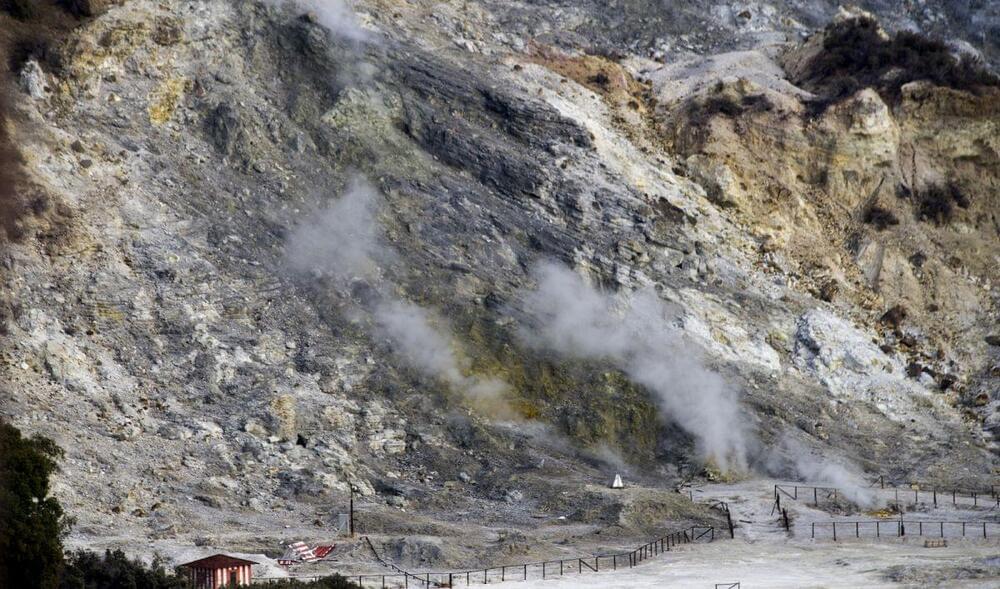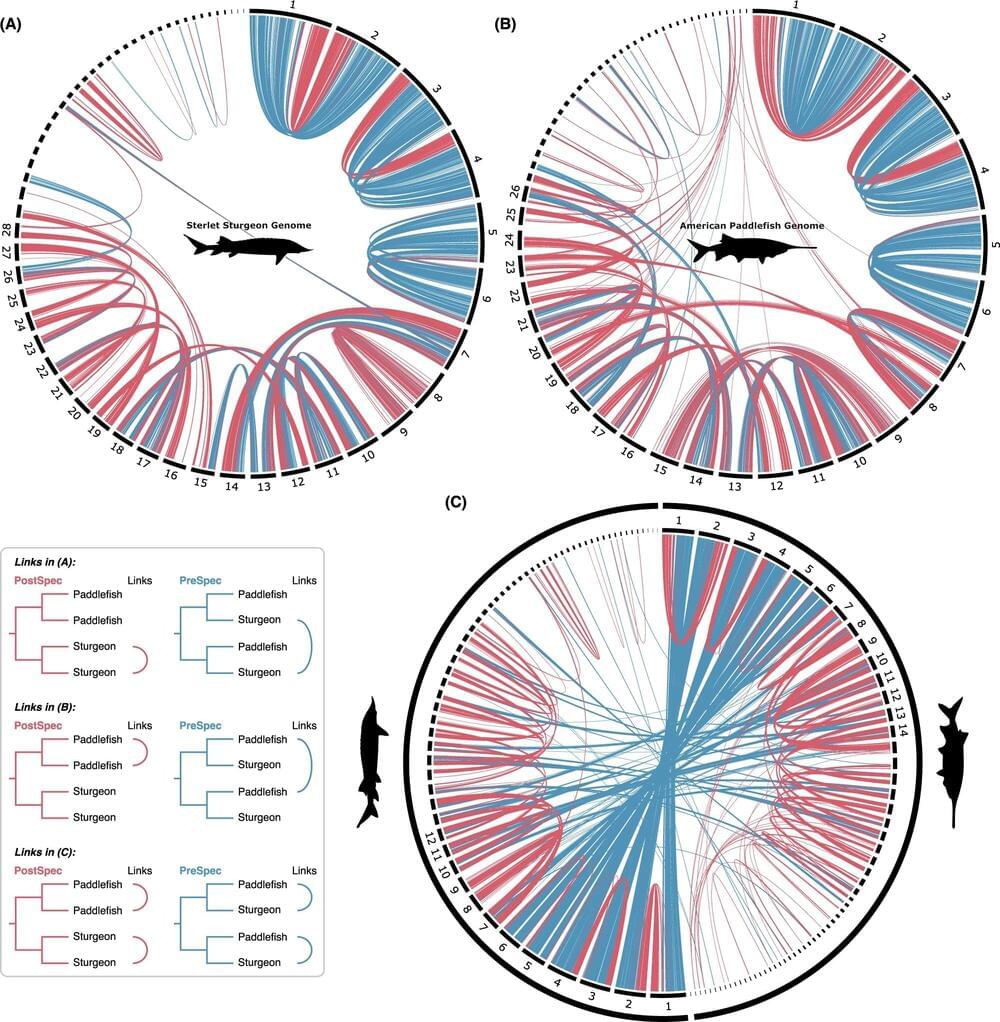A video worth watching. An amazingly detailed deep dive into Sam Altman’s interviews and a high-level look at AI LLMs.
Missed by much of the media, Sam Altman (and co) have revealed at least 16 surprising things over his World Tour. From AI’s designing AIs to ‘unstoppable opensource’, the ‘customisation’ leak (with a new 16k ChatGPT and ‘steerable GPT 4), AI and religion, and possible regrets over having ‘pushed the button’.
I’ll bring in all of this and eleven other insights, together with a new and highly relevant paper just released this week on ‘dual-use’. Whether you are interested in ‘solving climate change by telling AIs to do it’, ‘staring extinction in the face’ or just a deepfake Altman, this video touches on it all, ending with comments from Brockman in Seoul.
I watched over ten hours of interviews to bring you this footage from Jordan, India, Abu Dhabi, UK, South Korea, Germany, Poland, Israel and more.
Altman Abu Dhabi, HUB71, ‘change it’s architecture’: https://youtu.be/RZd870NCukg.





